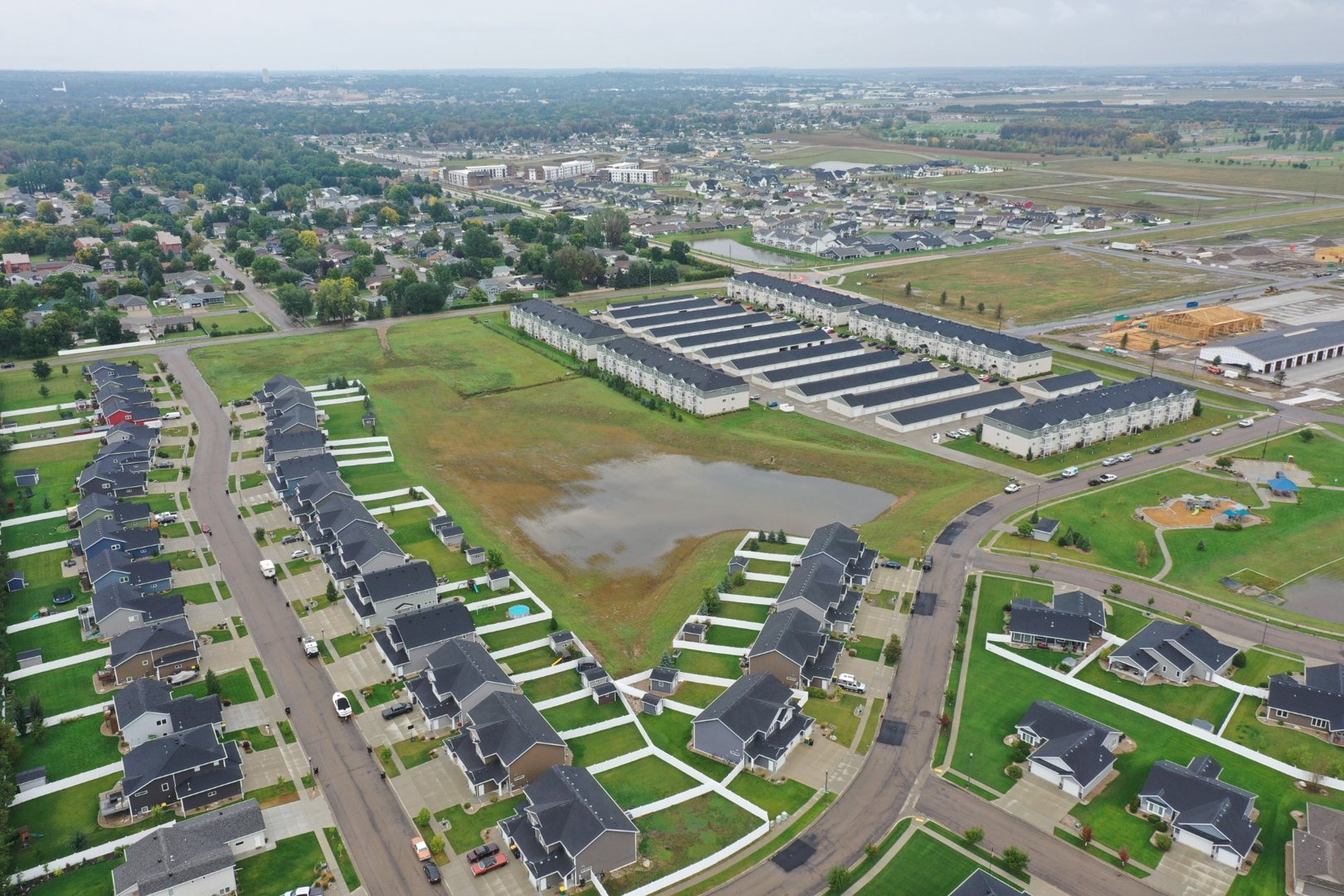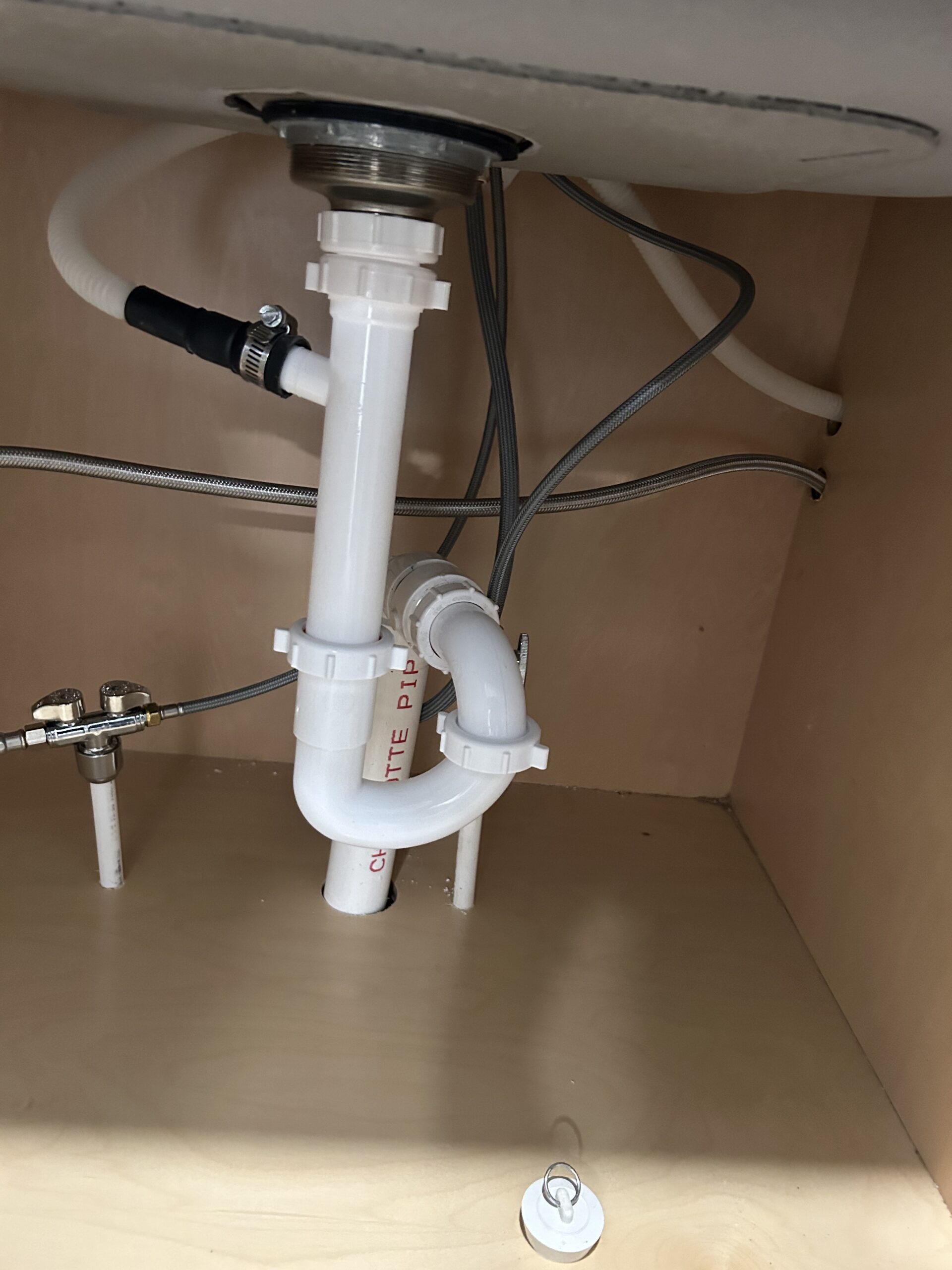
If you own a parcel of undeveloped property in Oregon — acreage you’re not using, a rural lot, or a vacant tract outside of city limits — you may be wondering whether it makes sense to sell your vacant land rather than hold on to it. In today’s changing real estate climate, liquidation of unused land can be a smart move for many landowners. In this article, we explore the advantages, steps, and key considerations of working with a buyer like Land Boss to sell land for cash in Oregon.
Owning raw or vacant land can sound appealing, but for many, it becomes a financial liability over time. Here are some of the main reasons people decide to sell their land quickly — especially for cash:
- Carrying costs – Even when land is undeveloped, you may still be responsible for property taxes, maintenance, fencing, access road upkeep, or resolving legal encumbrances. These costs add up, especially if the land sits idle for years.
- Opportunity cost – Holding onto a tract of land may tie up capital that could otherwise be used for more active investments. If you have a pressing financial need (debt, reinvestment, cash flow requirements), converting land into liquid cash can be appealing.
- Life changes – Circumstances such as job relocations, inheritance, changing family needs, or retirement can prompt landowners to reconsider their portfolio. It may no longer make sense to keep remote properties.
- Market timing – In some Oregon counties, demand for raw land or rural acreage may fluctuate. If buyer interest is currently strong, you may find favorable offers for your property now rather than waiting indefinitely.
- Avoiding the hassles of traditional real estate – Selling vacant land via a real estate agent often takes time, involves paying listing commissions, and requires dealing with appraisals, showings, and negotiations. For many owners, a straightforward “sell your vacant land” offer is far more attractive.
When you choose to sell your vacant land to a cash buyer, you potentially bypass many of these difficulties. That’s where a company like Land Boss steps in.
What Land Boss Offers in Oregon
Land Boss is a buyer that specializes in purchasing raw and undeveloped land across the state of Oregon. Their offering centers on speed, simplicity, and transparency. Here’s how their process and value proposition work:
1. Direct cash purchases
Land Boss promises that they buy land for cash. That means once their offer is accepted, you can have funds in your bank relatively quickly — often within days instead of weeks or months.
2. Fast closing
Because they’re not relying on third-party financing or protracted listing processes, they can close quickly. Land Boss claims they can make you an offer in as little as two days and complete the deal soon after.
3. Buying land “as-is”
With many traditional real estate transactions, the seller may be required to clear brush, improve access, repair fences, or remedy title or permitting issues. Land Boss states they will buy land in almost any condition, removing much of the burden from the seller.
4. Covering costs and reducing fees
One of the major appeals of using such a buyer is that they often absorb closing costs, transfer costs, and sometimes even back taxes (within reason). This means fewer surprises for the seller at the finish line.
5. Oregon-wide reach
Land Boss purchases land in many Oregon counties — from Clackamas, Multnomah, Washington, Benton, Lane, to rural counties like Grant, Harney, Malheur, Wallowa, and more. Their service area is broad, which helps many owners across the state find a buyer.
6. Simple three-step process
Their workflow is designed to be straightforward for sellers:
- Reach out with property details
- Receive an offer based on the submitted information
- Close and get paid via documents and mobile notary, then funds are delivered
For many owners, that streamlined experience is far more attractive than engaging a typical agent, orchestrating showings, or waiting months for a buyer.
How to prepare to sell your vacant land in Oregon
Even if you intend to use a “sell for cash” buyer, proper groundwork can help you maximize your outcome and avoid pitfalls.
1. Gather all property records
Collect your deed, survey, boundary maps, any zoning or land use documents, easement or access agreements, and tax records. The more detailed your documentation, the smoother the buyer’s due diligence will proceed.
2. Evaluate access and utilities
Land without any legal access road or with severely limited utility connection may fetch lower offers. Be transparent about any access issues, road maintenance responsibilities, or rights-of-way that exist.
3. Disclose restrictions or encumbrances
If there are existing liens, back taxes, environmental constraints, or easements, it is best to disclose them up front. A reputable buyer will factor these into their offer but not be ambushed later.
4. Get a realistic valuation
You can compare recent raw land sales in your county, consult county property assessors, or request informal appraisals. Use that as a benchmark when evaluating offers to sell your vacant land.
5. Solicit multiple offers
Even when working with a cash buyer like Land Boss, it’s wise to check competing offers, whether from local investors or private buyers. This can help ensure you get a fair price.
6. Confirm closing logistics
Check whether the buyer expects you to pay any closing costs, transfer fees, or title work. Ideally, you want a buyer who will absorb most of those so you walk away with net proceeds.
Advantages and trade-offs of cash offers vs. traditional listing
Pros of cash offers
- Speed: You often get paid faster, avoiding months of waiting.
- Certainty: No financing contingencies, fewer failed deals.
- Simplicity: Minimal staging, showings, or marketing.
- Predictable expenses: Many costs borne by buyer, fewer surprises.
Trade-offs to consider
- Lower price: Cash buyers often pay below market for their assurance and convenience.
- Limited competition: You may get fewer potential buyers than listing publicly.
- Due diligence required: Ensure the buyer is legitimate, trustworthy, and capable.
- Less negotiating wiggle room: A fast offer may leave less room for counteroffers.
If maximizing sales price matters more than speed or convenience, a traditional real estate listing might eventually net more. However, if your priority is liquidity, expediency, and minimal hassle, a cash sale route is often ideal.
Tips to sell your vacant land with confidence
- Verify credentials: Ask for proof of funds and company registration for any buyer.
- Check local zoning and permitting rules: Understand classification in your county — forestland, agricultural, residential, timber, etc.
- Be transparent about defects or limitations: Better to disclose up front and have an adjusted offer than risk losing a deal later.
- Retain legal counsel or title assistance if needed: Even a seemingly simple land deal can harbor title issues.
- Get everything in writing: Any oral promises should be reflected in the contract.
- Stay realistic in expectations: Raw land seldom sells for full “finished lot” valuations unless it has development potential.
Conclusion
If you’re holding onto underutilized property in Oregon and want to convert it into cash without the headaches of traditional listings, then working with a buyer like Land Boss is a compelling option. Their promise to buy your land for cash, close quickly, and manage many of the transaction costs appeals especially to owners who want a clean, fast, and predictable sale.
By preparing your property data, understanding your county’s land market, and evaluating multiple offers, you can confidently sell your vacant land on terms that align with your own priorities — whether that’s speed, simplicity, or maximizing proceeds. If your primary objective is liquidity and peace of mind, a cash offer can often deliver just that.


